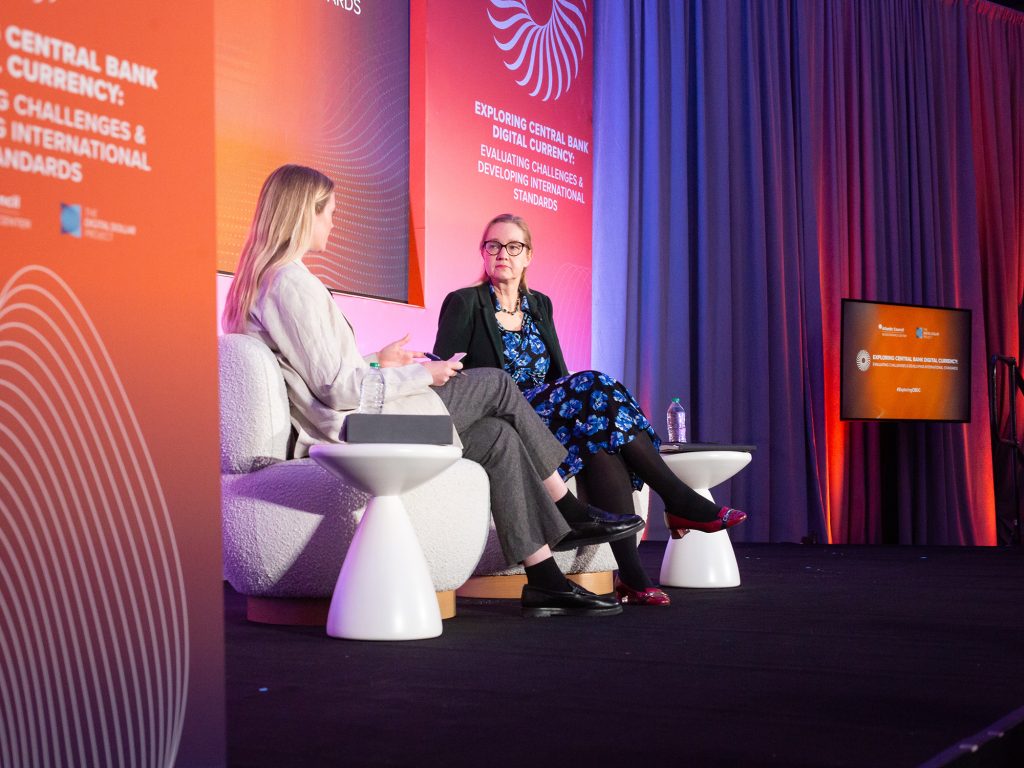The shift towards cashless societies is a global phenomenon. In this article, we'll explore how many countries are embracing digital payments over traditional cash transactions.

Credit: fastercapital.com
The Growth of Cashless Transactions Worldwide
Digital payments are on the rise. Many countries are moving towards cashless economies. This shift is transforming how we buy, sell, and manage money.
What Defines A Cashless Country?
A cashless country relies mainly on electronic methods of payment. These include credit cards, mobile payments, and online transactions. Such countries have a minimal use of physical cash. Let's look at the statistics and trends.
| Region | % Increase in Cashless Transactions |
|---|---|
| North America | 5% |
| Europe | 6% |
| Asia-Pacific | 10% |
| Latin America | 8% |
| Middle East & Africa | 9% |
The Advantages Of Going Cashless
There are many benefits to a cashless society. From security to convenience, let's discuss a few.
- Increased Security: Less cash can mean fewer thefts. Digital transactions are traceable.
- Convenience: It's easy to pay with a tap or click.
- Lower Costs: Handling cash can be expensive. Digital payments can save money.
- Better Financial Management: Digital records help track spending. They can improve financial planning.
Countries Leading The Cashless Revolution
Some countries are ahead in the cashless journey. Here are a few examples.
- Sweden: Often cited as the closest to becoming cashless. Most transactions here are digital.
- China: Mobile payments like WeChat and Alipay are widespread.
- South Korea: Aims to go completely cashless by 2020.
- Canada: A significant number of transactions are electronic.
- United Kingdom: Contactless payments are the norm.
Challenges In Transitioning To A Cashless Economy
Going cashless has its challenges. Let's review some concerns.
- Privacy: Digital transactions can be tracked. This raises privacy issues.
- Dependence on Technology: Systems must work flawlessly. Otherwise, there can be disruptions.
- Financial Inclusion: Not everyone may have access to digital options. This could lead to exclusion.
- Cybersecurity: More digital payments can lead to more cyber threats. Strong security measures are critical.

Credit: www.atlanticcouncil.org
How Many Countries Are Truly Cashless?
While no country is completely cashless, many are on the way. The number keeps growing annually. Currently, it's estimated that there are around 5 countries close to being cashless. This includes Sweden, South Korea, Canada, the UK, and China. However, these countries still use cash to some extent.
Conclusion: A Gradual Shift Towards Cashless Societies
So, how many countries are cashless? The answer is fluid. We are seeing a global trend where cash is becoming less prevalent. Yet, it's still a mainstay in many economies. As technology continues to evolve, more countries may join the ranks of those who are predominantly cashless.
With the advancements in fintech and changing consumer habits, it's clear the world is moving away from physical currency. The journey to a fully cashless society is a complex one. It requires addressing technical, cultural, and socioeconomic factors.
If you're interested in the evolution of digital payments and cashless economies, stay tuned. We'll continue to follow this trend and analyze its implications for the future of commerce.
Frequently Asked Questions Of How Many Countries Are Cashless? Unveiling A Digital Future
What Is A Cashless Society?
A cashless society operates without the exchange of physical money, utilizing digital transactions for goods and services instead.
How Many Countries Are Cashless?
Currently, no country is completely cashless, although some, like Sweden, are moving close to becoming cashless societies.
Which Country Uses Least Cash?
Sweden stands out as the country using the least amount of cash, with a significant majority of transactions being digital.
Are There Any Fully Cashless Countries?
There are no fully cashless countries yet, but several are making substantial progress towards reducing cash dependency.



0 Comments
Hi,Friend
Thanks a lot of our comments...